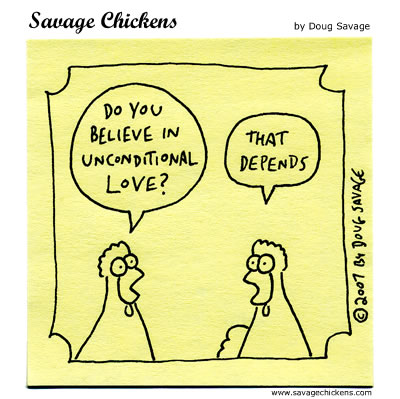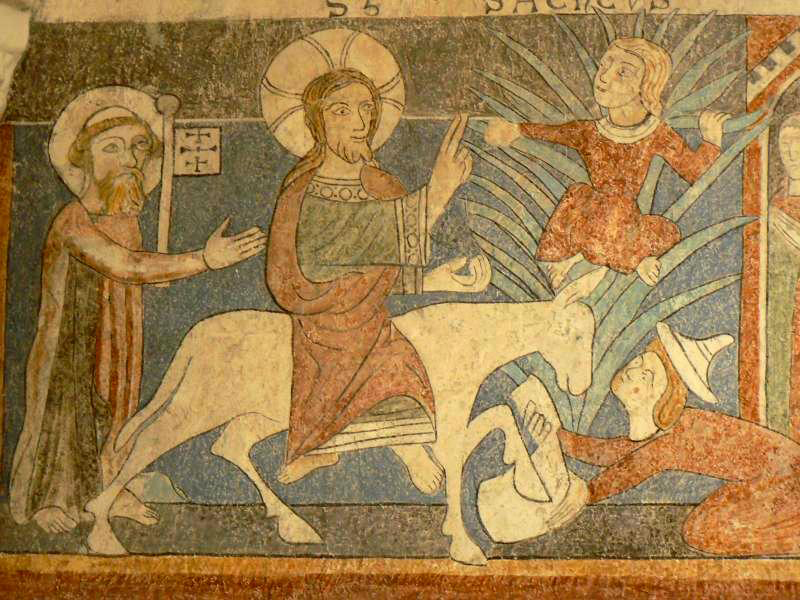New Ark United Church of Christ, Newark, DE
November 24, 2013

As John Williams and Dennis Christie
and I were planning worship this week, we were struggling with the last verse
from this morning’s reading: “…all the broken and dislocated pieces of the universe—people and
things, animals and atoms—get properly fixed and fit together in vibrant
harmonies, all because of his death, his blood that poured down from the cross.” How does the universe get fixed by the death
of Jesus on the cross? How can anything
harmonious come from a horrible death?
I wonder as I wander out under the
sky
How Jesus the Savior did come for to die
For poor on'ry people like you and like I;
I wonder as I wander out under the sky
How Jesus the Savior did come for to die
For poor on'ry people like you and like I;
I wonder as I wander out under the sky
None of us could get with Paul’s
interpretation of the crucifixion: that God sacrificed his own son to atone for
our sins. We were having none of
it. No divine child abuse. No Abraham and Isaac. No bloodthirsty God. So how does Jesus save from the cross?
I
remember when I was a teenager this story captured my imagination, the idea
that someone could love so much, could inhabit love and make it manifest in
their very being, that they would be willing to suffer and die for that love. At that time in my life I needed a love like
that. My parents were divorced, my
father had moved to North Carolina and remarried, and my mother’s boyfriend
moved in. We had moved to a new town a
few years before, and I had just started high school. A crashing case of acne was the crowning
touch to feelings of isolation, anger, and despair.
It
was through the community of church that Jesus saved me. I found people who loved me unconditionally
and who showed me the blessed yet risky business of following Jesus. Though nothing in my life changed, everything
changed. I stopped blaming God for my
life and started thanking God for my life and for my church. And the beginnings of a call to ministry
stirred within my young frame. I thought
that if I could be a part of exhibiting that same love to another person,
someone else who was in need of that saving love, then I would give my life to
that love.
At
my ordination service I chose these words from the gospel of Matthew:
“Then Jesus told his disciples, ‘If any want to become my followers,
let them deny themselves and take up their cross and follow me. For those
who want to save their life will lose it, and those who lose their life for my
sake will find it. For what will it profit them if they gain the whole world
but forfeit their life? Or what will they give in return for their life?’”
Jesus on the cross reminds me that my
life is not my own. Not because he
ransomed me from death as punishment for sin, as is the classical
interpretation, which many Christians have left behind but what, if anything
else, is in its place? Jesus spending
his life for the sake of the kingdom, a kingdom that values every person, regardless
of life circumstance, reminds me that not everyone is free, which means that I
am not free. Because I believe that
Jesus is God’s love incarnate, in human flesh, I am bound to not only all human
beings but to the very creation itself.

Jesus
chose to side against empire and join with the poor and outcast and live as one
of them. He came from a small, coarse,
working-class village, from whence no good thing could come, some thought. He rebelled against the powers that would
keep wealth for a few at the expense of the many. He had a habit of building up people by
breaking the rules. Some think he may
have been a zealot, one who wanted to throw out the Romans and establish God’s
kingdom on earth. But when he entered
Jerusalem on the back of a work animal, greeted by those who wanted to make him
king, he would have none of it.
If Jesus had wanted for
any wee thing,
A star in the sky, or a bird on the wing,
Or all of God's angels in heav'n for to sing,
He surely could have it, 'cause he was the King.
A star in the sky, or a bird on the wing,
Or all of God's angels in heav'n for to sing,
He surely could have it, 'cause he was the King.
His life was not his own.
So
how does a life laid down for friends knit together all the broken and dislocated
pieces of the universe? Something about
this story calls us out of our own life and into the lives of others. Not only so we can fix a problem or right a
wrong but so that we can learn how to love one who does not know their
worth. Most of us do not know our worth;
we do not realize the impact we have on other lives. I’m not sure we’re meant to, for then we
might settle into complacency.
As
it is, we are discontent for the kingdom of God and ever striving for it. And in this discontent we often increase our expectations;
we bump and struggle with one another, sometimes adding to the broken and
dislocated pieces of the universe. Yet
from that cross, from that place of unabated suffering, Jesus forgives us, for
most of the time we know not what we do.
It is that forgiveness, that grace given, which turns our story inside
out and into the world; a grace that overflows out of you and me, connecting us
to those who hunger and thirst for righteousness and for justice.

Yesterday
we witnessed some of the broken and dislocated pieces of the universe coming
together in the marriage of Don Crary and Ed Robinson. In marriage, in the covenant promises made,
we understand in our love for another that our lives are not our own but rather
something to be shared. On Tuesday we
will bear witness to the multitudinous promises that Wally McCurdy made
throughout his lifetime. Many broken and
dislocated pieces of the universe were reunited through his life. And it is in death that we ultimately realize
that our lives are not our own.
If
it is still difficult to wrap your heart and mind around the cross and how from
there the universe is being fixed, listen to these words from author James
Alison, a Jesuit priest:
"...the
only way I can get it across to you that I like you, is by occupying the very
worst space that any of you can come up with, a place which you typically think
I like to put people in. I don’t. It’s you who put people there, you at your
very worst. I’ll occupy that space to show you that I’m not out to get you,
that I really do like you. The moment you see that, then you can relax, and
trust my goodness. Then you need no longer engage in that awful business of
making yourselves good over against, or by comparison with each other. Instead
you can relax about being good, and as you relax you will find yourselves
becoming something much better, much richer in humanity than you can possibly
imagine.” We can relax and be ready to give
our lives away.
Today
we make covenant promises with one another, that over the course of a year, we
will not only give but share what we have and what we are with one another,
with this community, with our beloved United Church of Christ, and with the
world. For in this way we bear witness
to the love that saved us and continues to save us from repeating the past so
that God’s future may come.
I wonder as I wander out under the
sky
How Jesus the Savior did come for to die
For poor on'ry people like you and like I;
I wonder as I wander out under the sky.
How Jesus the Savior did come for to die
For poor on'ry people like you and like I;
I wonder as I wander out under the sky.
Amen.








